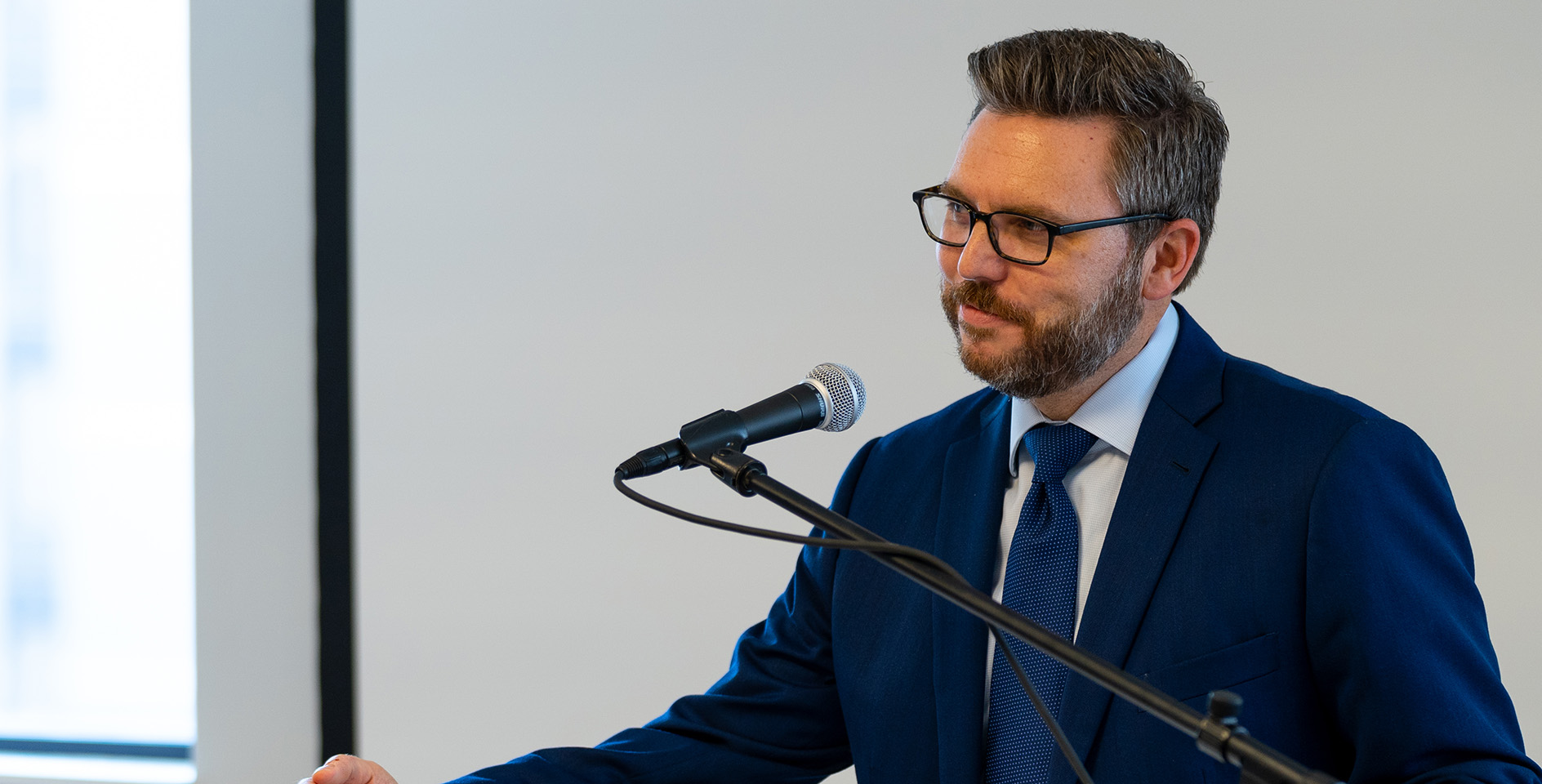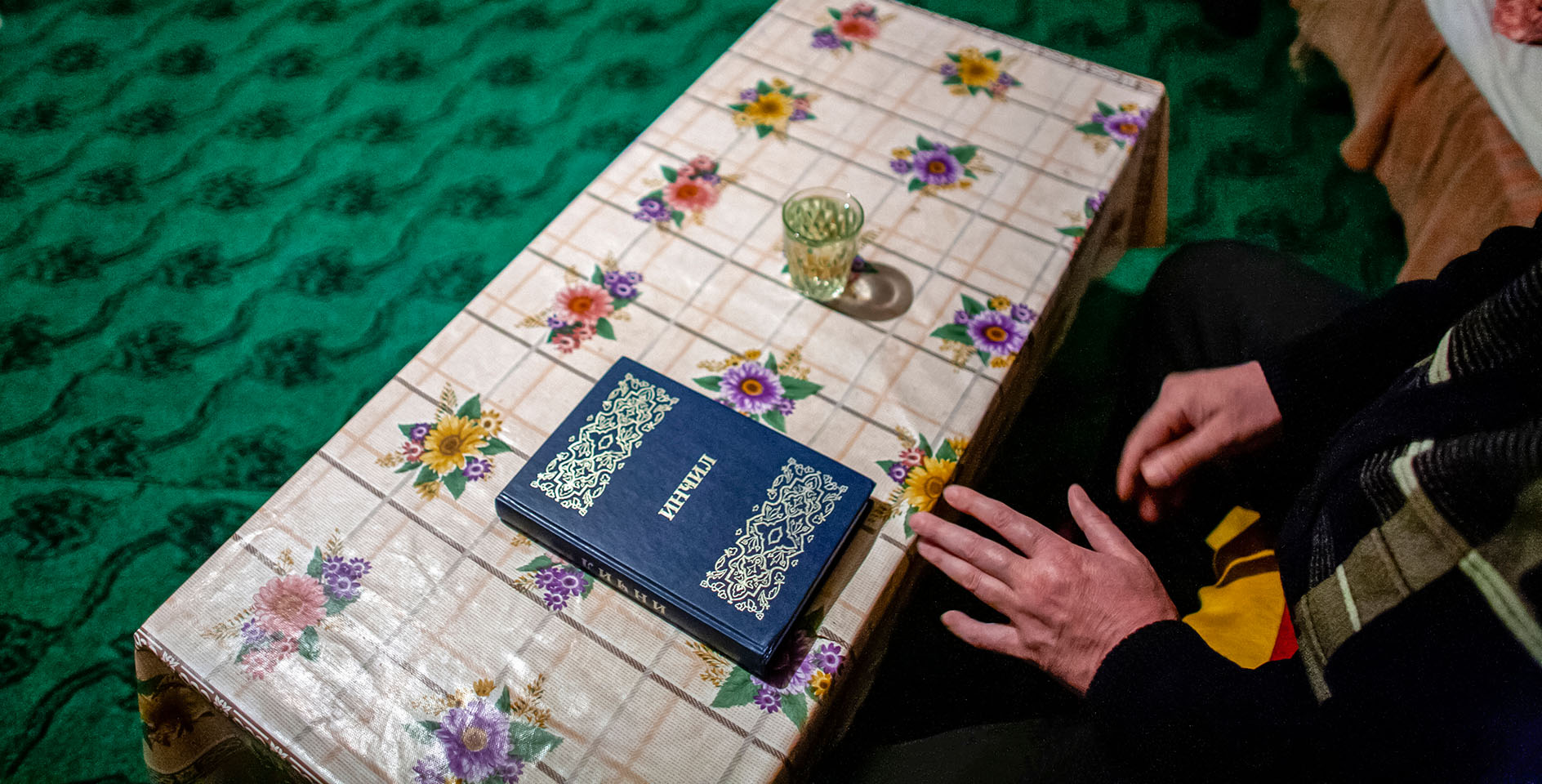A few weeks ago, the Egyptian parliament finally passed a long-awaited bill to reform restrictions on the construction of churches. During the era of Egyptian President Hosni Mubarak, building a new church in Egypt required a permit from the president himself.
Similar restrictions against the construction of churches exist across the Middle East. Will this development in Egypt usher in a new era of religious liberty, pluralism and the legalization of churches in the region? Probably not. Egypt’s new law is far from perfect and does not meet the promises made when Egypt’s new constitution was approved in January 2014.
However, the law does provide an interesting model that Western governments and religious freedom advocates can point to in encouraging other countries to ease their own restrictions on church construction. Egypt has long played an important leadership role in the Middle East, both politically and theologically.
An imperfect model
So, do Christians in Egypt now have the right to construct churches? It’s possible, but we will have to wait to see how the law is actually implemented. Let’s start by answering the question of what true freedom would look like: At a minimum, this would mean that the construction of a new church would be held to the same standard as a new mosque. This would mean, primarily, compliance with building codes and zoning codes.
If this is the standard, Egypt’s new law falls far short. We should join our voices with those of our Christian brothers and sisters in Egypt who are demanding that the law be revised to meet this standard. Indeed, Ishak Ibrahim, the freedom of religion and belief officer for the Egyptian Initiative for Personal Rights, said, “The state’s role should be limited to respecting and promoting the right to build, to ensure freedom of worship.”
Let us examine a few of the more problematic elements of the law:
- Church construction requirements are in a different legal code than mosque construction requirements. This was mentioned briefly above, but it warrants calling out specifically because the fact that houses of worship are regulated differently sends a cultural message that houses of worship are not the same: mosques and churches are understood by the law to be different things.
- The size of the new church must be “proportional” to the number of Christians in the area. There is no standard for the appropriate “proportion,” and Christians in Egypt have long complained that they are underrepresented in the Egyptian census records. Further, the law does not define who the decisionmaker is.
- Many house churches, because they are located in rural areas, are not able to meet the building standards. This means that these house churches will not be considered legal churches under the new system, a major problem for Christian populations isolated in rural areas.
- The role of the Egyptian security services in approving church construction remains unclear. Ostensibly, the new law eliminates the role of the Egyptian security services, known within Egypt as the “deep state,” in approving church construction. Little is known about Egypt’s security services, the criteria used to approve church construction or the process by which such decisions were made. Most observers argue that the deep state was—and is—primarily concerned with minimizing sectarian violence between the Islamist and Christian communities. Especially in rural areas, Islamist populations often strongly resist the construction of new churches. Ibrahim went on to say that the new law “gives the security apparatus a say in the granting of permits and allows it to monitor activities and any modifications to religious buildings.”
- The process by which the new bill was passed was hardly democratic. The new law was negotiated in secret among a limited number of the stakeholders involved. Public debate on the text of the bill was intentionally limited, and the bill was then passed three days after the text of the law was released.
Will other majority-Muslim countries loosen their church construction requirements?
A few weeks ago, I was in Berlin at the second gathering of the International Panel of Parliamentarians for Freedom of Religion and Belief. At the conference, the question of houses of non-Muslim worship in majority-Muslim countries was debated at length. And one of the main responses on social media from countries like the Maldives—which has no churches—was, “when Vatican City builds a mosque, we will consider building a church.”
Vatican City has a population of 451, all of whom are Roman Catholic. This makes the comparison to, say, Saudi Arabia, which has an estimated 1.5 million Christians but not a single church, entirely unfair. And this of course glosses over the larger questions of apostasy laws. Most of the Christians in Saudi Arabia are foreign laborers granted work visas within the country. Allowing freedom of worship for foreigners is one question; allowing freedom of worship for converts to Christianity from Islam an entirely another question. The latter are considered apostates, a “crime” punishable by death in 13 countries in the world today, all of which are majority-Muslim.
We can look to the Marrakesh Declaration for hope that at least some actors within the Muslim world are seeking to construct a definition of equal citizenship based on Islamic principles. But we also need to remember that at least 10 percent of Egypt’s population is Christian, and that population has lived in Egypt since the first century. Most Christian populations around the Middle East are tiny minorities with little political power.
As such, no political movement will be automatic: It will come through indigenous efforts supported by international pressure and diplomacy.
Moving forward in Egypt
Looking forward, there are several things to look for within Egypt. First, of course, we should look for statistics of new church construction, especially in rural areas of Egypt where new churches are often met with pushback. These kinds of situations are usually underreported because the Christian community fears violent retribution if they speak to the press or to the international community.
Second, we should look at the way that mob violence that often attends rumors of new churches is handled by the Egyptian authorities. For instance, in July of this year, an angry mob in a village near Alexandria attacked the home of a man suspected by the community of seeking to host a church in his house. During the attack, two homes were destroyed and another 10 houses were looted. And in 2013, over 100 churches were destroyed in the aftermath of the coup that ousted then-President Hosni Mubarak, Egypt’s first leader from the Muslim Brotherhood. The Brotherhood blamed the Christian community for supporting the coup. About two-thirds of those churches have now been repaired, many by the Egyptian army at the direction of current President al-Sisi.
Whether this new law was actually a step forward for Egyptian Christians remains to be seen. Let us join them in prayer as they seek to worship the Lord in truth and with freedom.










